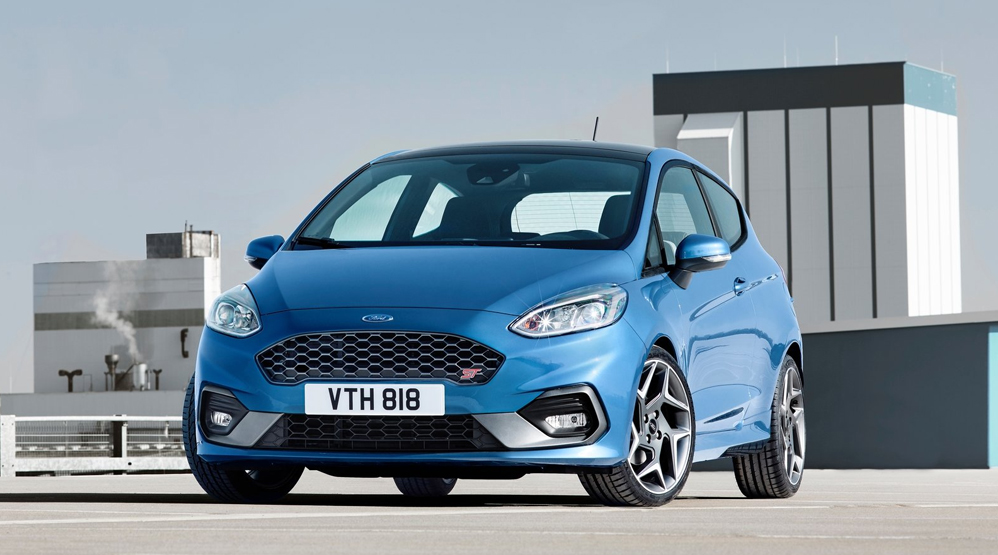By Scott Huntington, May 17, 2018
Ford coupes and sedans are about as iconic as you can get without driving a Mustang. You can’t go anywhere without seeing a Taurus, a Focus or one of the other little two- or four-door cars they’ve manufactured over the decades.
That’s why it was such a surprise when Ford announced a decision to stop manufacturing all but two of its cars. The Mustang is still safe — you can’t have Ford without the iconic pony car — as is the Focus Active. However, why is Ford getting rid of all its small cars, and what does it mean for the future of the brand?
The Death of the American Sedan
When it comes down to it, buying a sedan might be practical, but it is hardly exciting. Ford isn’t the only automaker that is struggling to sell these cars — Honda is
having trouble selling Accords, and Toyota is having trouble selling Camrys. The market for these small fuel-efficient sedans is dying off.
Instead, SUVs and trucks are taking the place of sedans and coupes. Advancing technology is allowing these cars — which used to guzzle gas — to equal smaller cars in both efficiency and performance.
Ford throwing in the towel doesn’t mean you won’t be able to get a sedan in the future unless you’re shelling out for a luxury brand like BMW or Mercedes. It just means they’re handing the reins over to the Asian car manufacturers.
Problems in the Past
The Ford Focus RS was arguably one of the most exciting cars in recent years that you could enjoy both on and off the track — except for its
annoying tendency to blow a head gasket, a problem Ford kept refusing to do anything about. Fitting one of the 2.3 L Ecoboost engines with the wrong head gasket kept the gasket from sealing correctly. This let coolant leak into the engine, specifically into the second and third cylinders.
It was odd because it was a temporary leak — once the engine heated up, the gasket would heat as well and seal the leaks until the engine cooled off again.
Traditionally, you could add some stop-leak to the oil to seal small head gasket leaks, but due to the changeable nature of this leak, some drivers were still left with leaky gaskets and plumes of white smoke from the exhaust while their engines heated up.
The Future of Ford
This decision is a big change for Ford, a company that’s been making passenger cars for decades. By 2020, nearly
90 percent of the car giant’s portfolio will be made up of pickup trucks and SUVs, in addition to their commercial fleet vehicles.
The goal here is to separate the wheat from the chaff — getting rid of the models that aren’t making any money and bolstering their inventory with the ones that are. Only time will tell how effective this is — and how many Ford fanatics demand to have their favorite sedans back by the next model year. This move is a decisive one by Ford, and hopefully, it works out for the best. At least we still have the Mustang!




